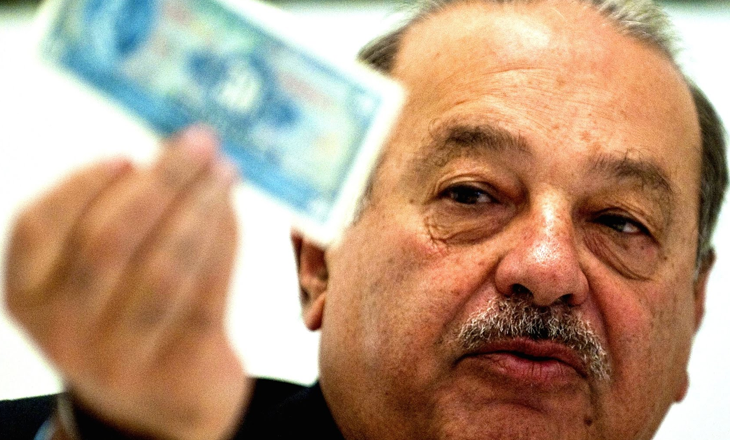The divide between the free market economies of the world and the considerably less free is being widened once again, this time by a singular medium – virtual currency.
The viewpoint from within nations with liberal economies and free markets has changed dramatically recently, from concern over customer protection and lack of jurisdiction during its early days, to total acceptance, with venture capital investment, regulatory oversight and a potentially large network of ATMs from which to facilitate easy, safe transactions. Even government sale of Bitcoin has taken place, with the US Marshal Office, one of the world’s most respected law enforcement agencies, having conducted a Bitcoin auction recently.
Virtual currency is viewed quite differently in nations which do not offer their citizens the comfort and opportunity of a free market economy.
Last week, it emerged that rather than categorizing Bitcoin and other virtual currency as a modern alternative to sovereign currency, Ecuador’s president views it as a means of devaluing currency in order to gain from its populace.
Unlike Argentina’s situation, in which encumbant president Cristina Kirschner has made over thirty attempts to ban the use of US dollars, $160 million of which are held by Argentina’s citizens in overseas accounts in order to avoid reliance on the unpredictable and inflation-prone Peso, as well as circumvent strict capital control rules, however the nation has now embraced Bitcoin to the extent which it could be the first country which adopts it on a national scale.
This came about due not only an abject lack of confidence in the peso, but also because the Argentinian government imposes extremely high charges on businesses which conduct transactions in other denominations, as with the tourist industry, as well as for Argentinian citizens wishing to travel abroad.
Bearing this in mind, Rafael Correa, Ecuador’s president, views virtual currency as a means of further controling the populace, a total opposite to the effect Bitcoin has had on the liberty of Argentina’s virtual currency proponents.
President Correa does not, however, consider Bitcoin to be part of this plan. Instead, he has instructed Ecuadorean Congress to create a law which permits the creation of an entirely new electronic currency.
Rather like Argentina’s Cedin, a certificate of deposit issued by Argentina’s central bank in lieu of repatriated US dollars, this new ‘virtual currency’ would allow Ecuador to generate money from absolutely nothing in order to bankroll a political agenda.
The plans by President Correa are potentially a provision for when he has spent the nation’s resources to the point where yet another financial restructure would be required in the same vein as is commonplace in South and Central America.
Previously, President Correa had introduced the US dollar as national currency, in an attempt to clear the slate and retain the vast sums that had been misappropriated over the years by the public sector.
In this case, Mr. Correa intends to launch the electronic currency as a parallel currency, backed by the US dollar, or the equal-value read across, and will be used to pay the nation’s bloated public sector in a convenient manner – likely meaning a manner which is convenient to President Correa.
Ecuador employs 500,000 government-sector workers, which is not uncommon in nations with a despotic leader. Argentina, whose public sector payroll is equivalent, some years ago attempted this methodology, however at that time there were no electronic currencies. At that time, President Eduardo Duhalde said in various radio broadcasts that “We don’t have the money, so we can’t pay”.
“The payment depends on tax collections, and as everyone knows, we are having difficulties with revenues.” Argentina issued the workers with a credit note, however very few were ratified and it was not long before this was widely discredited as worthless.
Whether Ecuador’s populace will take to Bitcoin at the same rate as Argentina’s has done is yet to be seen. The nation has a less developed technological infrastructure, far less smartphone users with access to devices on which a Bitcoin e-wallet could be held, and a much more sparse internet coverage.
However, with firms such as BlinkTrade now offering turnkey solutions with which to establish a Bitcoin exchange in a target market which consists primarily of developing nations, it could be that the population of Ecuador may view Bitcoin as a route to fiscal freedom in the same way that the nation’s President holds a vision of using it to create restrictions.
BlinkTrade provided its technology to a fully functional Bitcoin exchange in Venezuela earlier this month, which started up under the name of SurBitcoin. With Venezuela under strict rule and totally devoid of a free market, BlinkTrade may well have identified a gateway to the free world which will bear fruit across the board.

